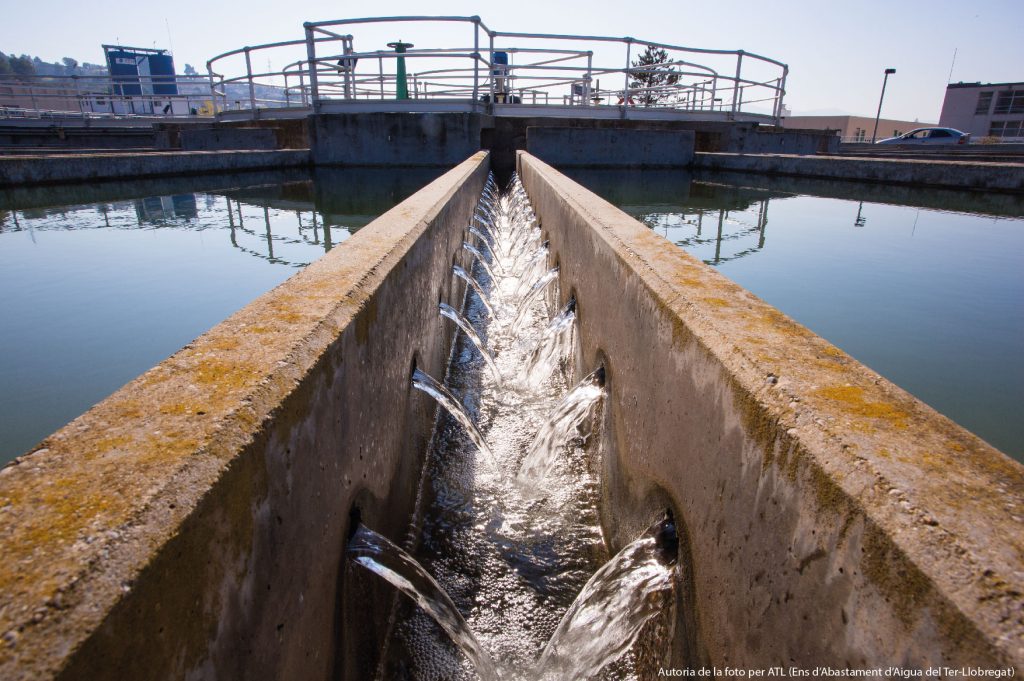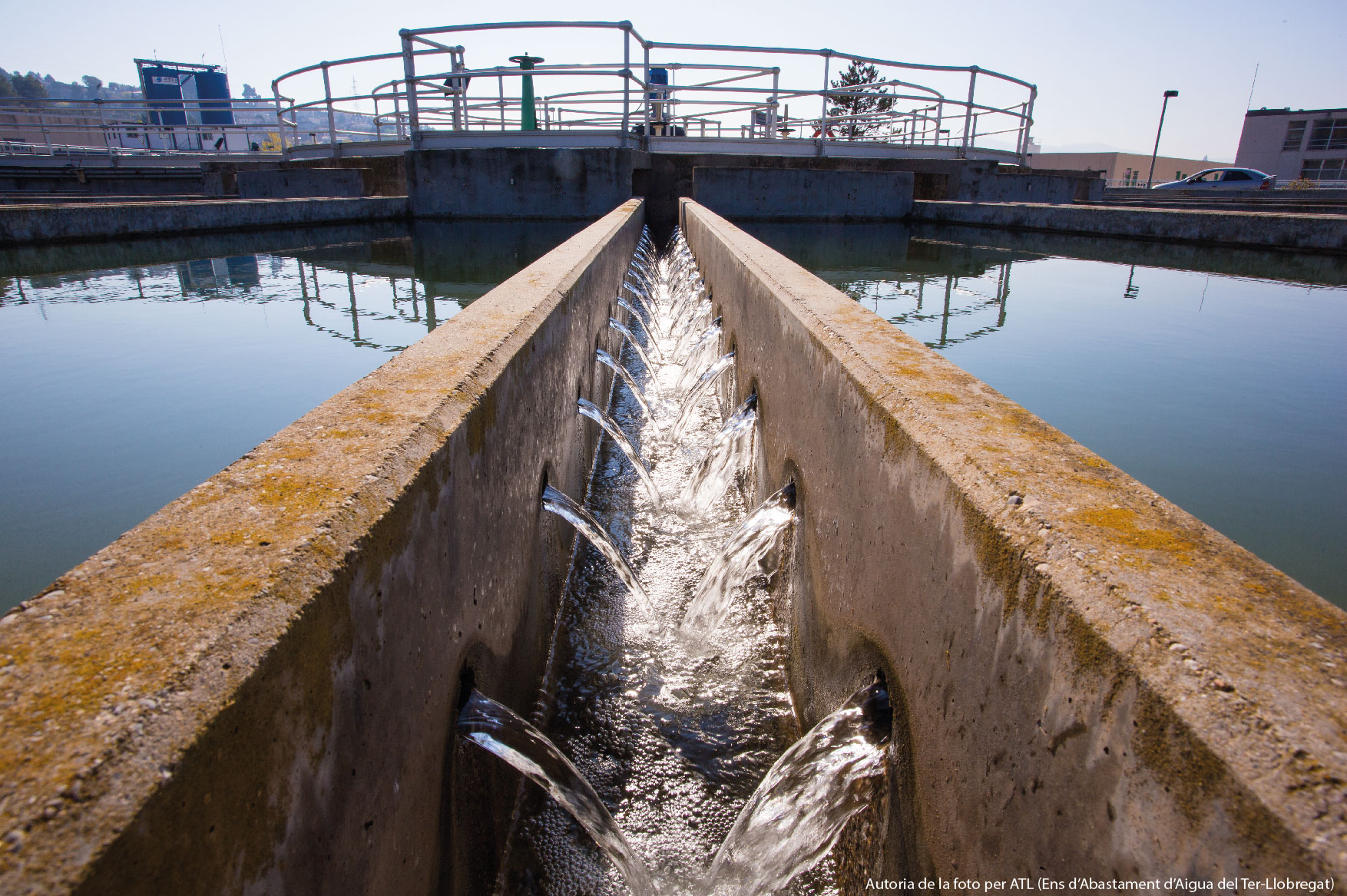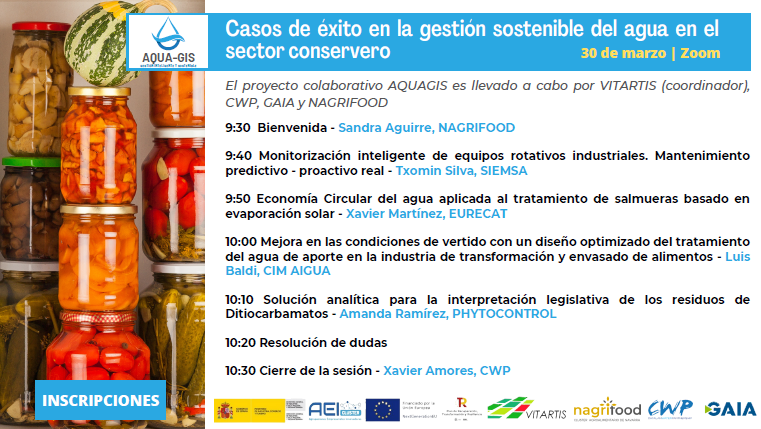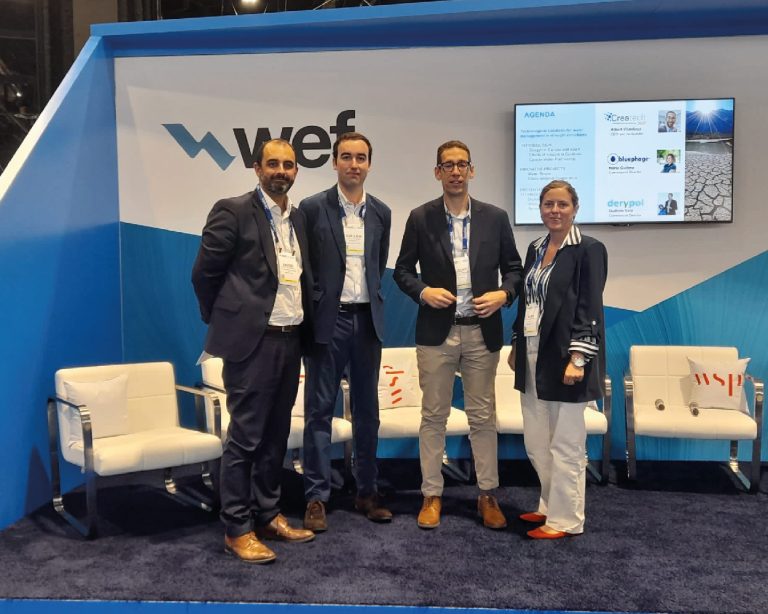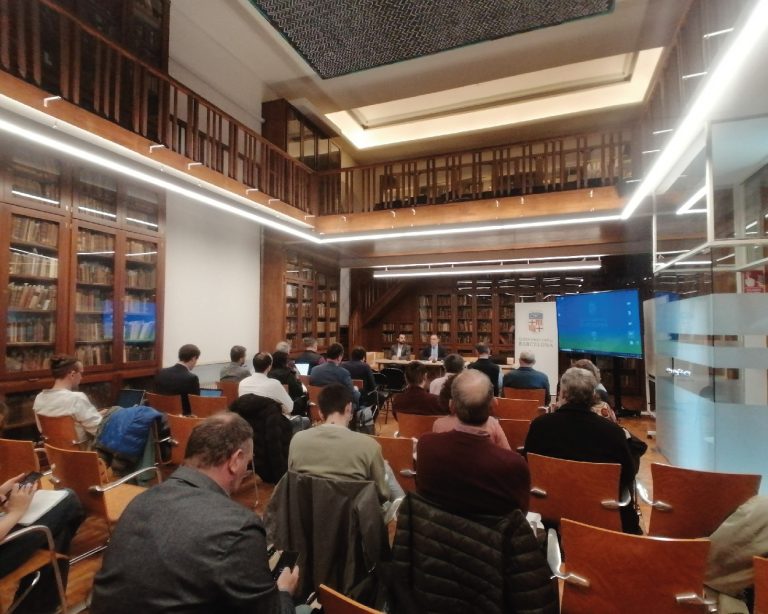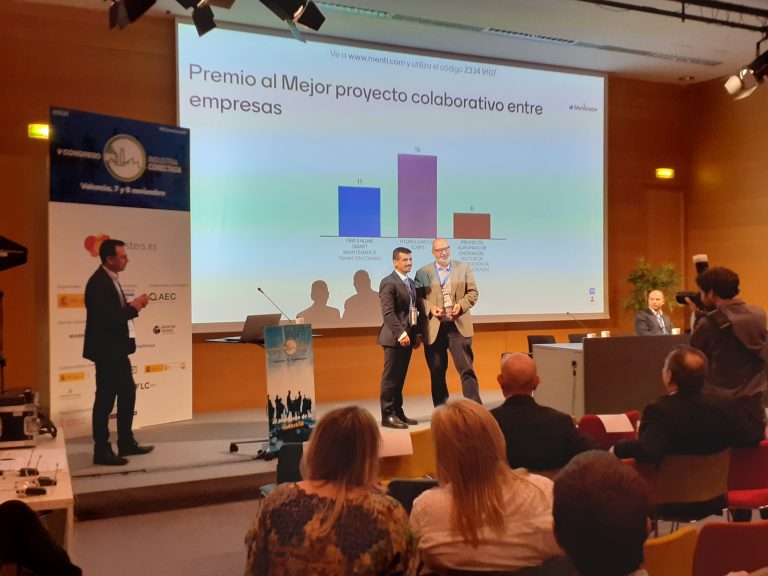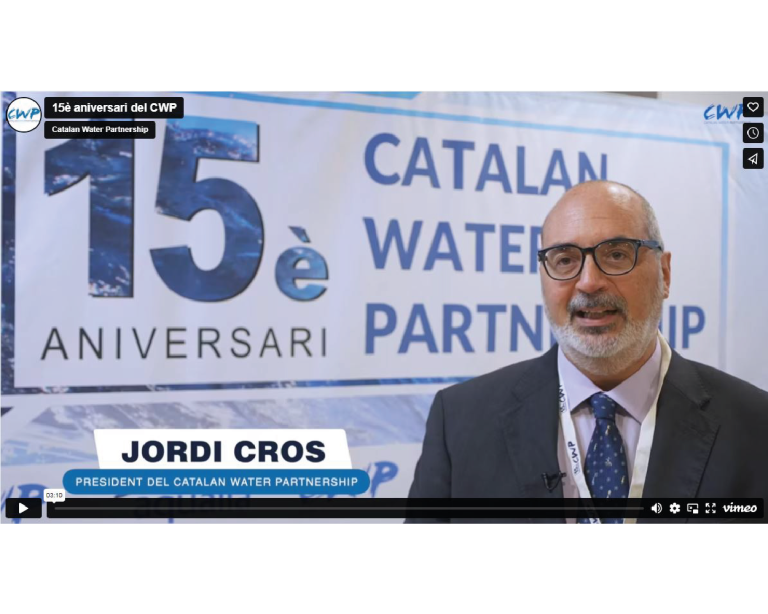The ReWaT project will facilitate the optimal use of emerging resources, such as regenerated water, in urban environments
- The consortium begins the validation phase of the first simulations carried out with the urban planning algorithms of regenerated water.
- The project contemplates the creation of a network that will allow the managing entities to spatially define the sources of regenerated water to supply the main users in accordance with the relevant quality criteria and at the lowest possible cost.
The ReWaT project was conceived with the idea of helping to plan the installation of regenerated water systems in urban environments to meet the needs of the main users. It is led by the Catalan Water Partnership and participates in research activities with the Catalan Water Research Institute (ICRA) and the University of Girona (UdG), as well as with companies, such as Ulbios Techsens, B’. GEO Open GIS, Sensotec Instruments and ABM Consulting. ReWaT has received funding from the Ministry of Industry and Tourism through the call for Innovative Business Associations in 2023.
Currently, the design of the program has been completed, which includes the selection of relevant data sources. , both from the water distribution system itself and external ones, the link is made and the algorithmic system responsible for the processing of the materials. The process for automatically obtaining data has also been defined so that the algorithm must be trained and optimized. The results of the simulations obtained at the moment are valid in a comparative manner in real frameworks and distribution schemes of regenerated water. It is also difficult to define the control and variables required to guarantee at all times the assistance of the required quality for different uses.
The results of the project allow for great progress in the optimal planning of regenerated water sources in urban environments, which will alleviate the pressure of extraction on the potable water resources, allowing these resources to be reserved or used for other uses. The water of regenerated water displays its potential in scenarios of chronic scarcity, as it is given in the context of the current dry land, and the innovation put at the service of the implementation of these resources, as The ReWaT project will serve to facilitate adoption at the lowest cost and ensure health guarantees at all times.
